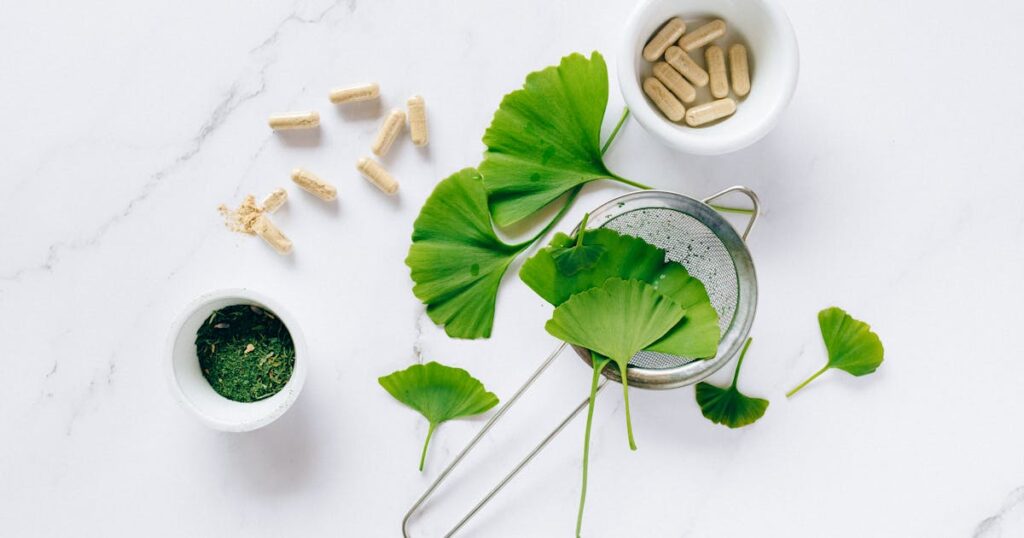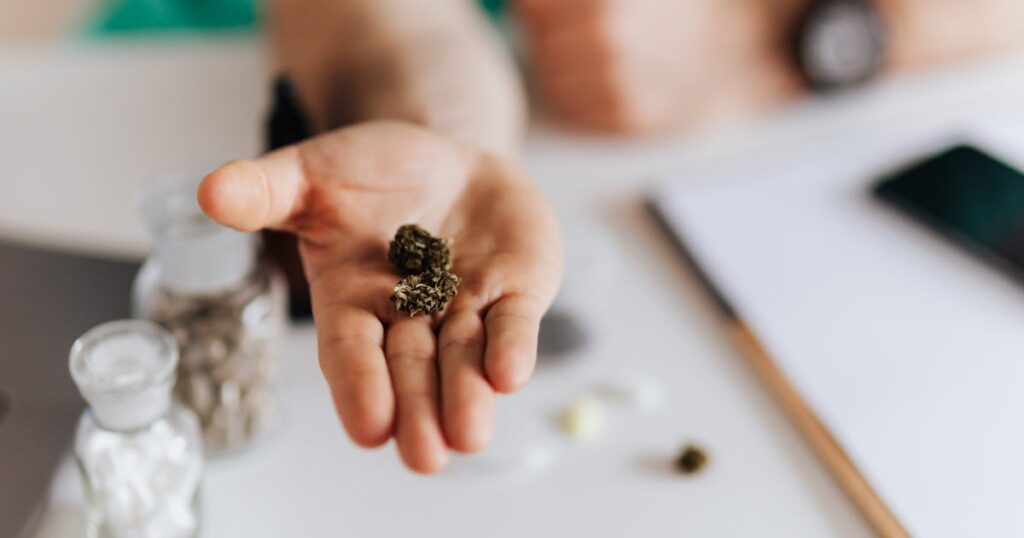Key Takeaway
In our vibrant community, where wellness and unity are key, exploring herbal remedies offers a chance to tap into the wisdom of our ancestors and connect more deeply with nature. Herbs like the immune-boosting Echinacea, energy-lifting Ginseng, cognitive-enhancing Ginkgo biloba, and antioxidant-rich Elderberry not only have health benefits but also connect us to our history and encourage better health. Diving into the world of herbal remedies sparks a community-wide wellness conversation, allows us to share knowledge, experiences, and recipes, and fosters a culture of health and care that goes beyond just the individual.

Herbal remedies have been used for centuries as a natural way to heal and improve our overall well-being. In recent years, they have gained popularity as people seek alternative methods of treatment and prevention.
This article will explore the most widely used herbal remedies in modern society, providing insight into their benefits, uses, and cultural significance. Whether you’re a curious community member or a wellness advocate, this guide is sure to spark your interest in natural remedies.
Echinacea
Echinacea, also known as purple coneflower, is a popular herbal remedy used to boost the body’s immune system. It has been used for centuries by Native American tribes and is now widely available in health food stores.
This herb is most commonly used to prevent and treat the common cold, flu, and other respiratory infections. It is believed to increase white blood cell production, which helps fight off infections more effectively.
Aside from its immune-boosting properties, echinacea also has anti-inflammatory effects that can aid in wound healing and reduce symptoms of allergies and skin conditions. It is available in various forms, such as capsules, tincture, and tea.
Ginseng
Ginseng is a root that has long been used in traditional Chinese medicine for its various health benefits. It is available in two forms – American ginseng and Asian ginseng, both of which have different properties and uses.
This herb is known for its ability to improve cognitive function, boost energy levels, and reduce stress. It is also believed to have anti-inflammatory and anti-cancer effects.

Ginseng can be consumed in various forms, including capsules, tea, and powder. It is also a common ingredient in energy drinks and supplements.
Ginkgo Biloba
Ginkgo biloba, also known as the maidenhair tree, is a popular herbal remedy used to improve memory and cognitive function. It has been used in traditional Chinese medicine for centuries and is now widely available in supplement form.
This herb is believed to increase blood flow to the brain, which can improve memory, concentration, and overall mental performance. It is also a potent antioxidant that may help protect against age-related diseases.
Aside from its cognitive benefits, ginkgo biloba also has anti-inflammatory properties that may help reduce symptoms of asthma and allergies. It is available in tablets, capsules, and liquid extract.
Elderberry
Elderberry has been used for centuries in traditional medicine for its immune-boosting properties. It is commonly used to prevent and treat colds, flu, and other respiratory infections.
This herb contains high levels of antioxidants and vitamins that can help strengthen the immune system. It also has anti-inflammatory effects that may aid in relieving symptoms of allergies and arthritis.

Elderberry is available in various forms, such as syrup, capsules, and tea. It is also a common ingredient in natural cough and cold remedies.
FAQs
In this section, we will be delving into some of the most common inquiries and curiosities that surround our topic.
Can elderberry be used to prevent the flu?
Some studies have shown that elderberry may reduce the severity and duration of flu symptoms. However, it is not recommended as a substitute for the flu vaccine.
Can ginkgo biloba be used to treat Alzheimer’s disease?
Some studies have shown positive effects on cognitive function in people with Alzheimer’s disease. However, more research is needed to determine its effectiveness as a treatment.
Can echinacea be used for long-term treatment?
Echinacea is generally safe for short-term use but should not be taken continuously for more than 8 weeks. Consult with a healthcare provider before using it as a long-term treatment.
Conclusion: The Most Popular Herbal Remedies
Herbal remedies have stood the test of time and continue to be popular among communities seeking natural ways to improve their health. Echinacea, ginseng, ginkgo biloba, and elderberry are just a few examples of the many potent herbs that offer a variety of health benefits.
However, it is important to consult with a healthcare provider before using any herbal remedy, especially if you have pre-existing medical conditions or are taking medication.



Leave a Comment
You must be logged in to post a comment.